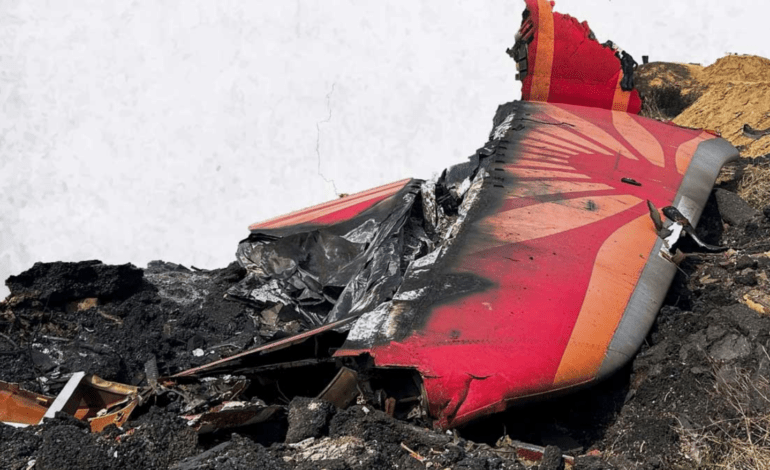
Air India crash exposes suspected sabotage, corporate shielding, and geopolitical risk
The tragic crash of an Air India flight that killed 260 people has evolved into a far-reaching crisis implicating major aircraft corporations and igniting fears of targeted sabotage. With a preliminary report that controversially cleared Boeing and General Electric (GE) of culpability while pointing vaguely to “human error,” aviation experts and political leaders are questioning the integrity of the investigation and warning of darker forces at play.
At the center of the storm is an uncommanded mid-air fuel cutoff—a catastrophic failure that aviation professionals insist cannot occur without either deep system malfunction or deliberate interference. Yet the official report offered no safety recommendations for Boeing or GE, who manufactured the plane and its engines.
Corporate exoneration sparks outrage
Veteran aviator Captain Shakti Lumba, former Head of Operations at Indian Airlines, denounced the report’s findings in stark terms:
“No pilot on takeoff would switch off both their engines. It doesn’t make any sense.”
Lumba and other experts suspect that the Thrust Control Malfunction Accommodation (TCMA) system—a Boeing software protocol designed to regulate engine response—may have autonomously shut down fuel flow after misreading system inputs. The lack of auditing of such software has become a focal point in calls for accountability.
Critics argue that Boeing and GE received a premature clean chit, despite being central to the aircraft’s mechanical and digital ecosystem. By failing to call for an independent audit of system behavior, the report appears to shield key corporate players—raising questions about political pressure, manufacturer lobbying, and regulatory capture.
Turkey link fuels sabotage theory
Suspicion has deepened with revelations that the plane had undergone maintenance by a Turkish subcontractor just weeks prior to the crash. This connection has triggered a national and geopolitical reckoning, especially given Turkey’s recent military cooperation with Pakistan and diplomatic hostility toward India—most notably during Operation Sindoor.
Anonymous sources within India’s defense establishment suggest that deliberate tampering or cyber-physical sabotage cannot be ruled out. Intelligence agencies are now investigating unauthorized access logs, malware traces, and insider activity linked to the subcontracted Turkish facility.
The theory gaining traction is that the “human error” may not have originated from Indian crew, but from malicious code or configuration changes introduced during foreign maintenance—potentially triggering the fuel cutoff mid-flight.
Transparency vacuum deepens global worry
Adding to the alarm is India’s deviation from global aviation norms. Authorities have avoided public briefings, leaving families, industry observers, and foreign carriers in the dark. International aviation experts caution that continued silence may mask systemic vulnerabilities and erode trust in Indian aviation oversight.
“Transparency isn’t a courtesy—it’s a global obligation,” said a safety advisor at the International Federation of Airline Pilots. “When Boeing systems are involved, the world needs clarity—not corporate shielding.”
Political fallout: Turkish aviation contracts targeted
Public and political backlash has reached boiling point. Hashtags like #SabotageNotError and #BoycottTurkey trend daily across Indian social media platforms. Lawmakers and civil society groups are calling for:
- Suspension of all Turkish aviation-related contracts
- Security audit of foreign vendors with adversarial ties
- Legal review of subcontractor accountability standards
The Ministry of Civil Aviation is reportedly drafting a protocol to assess the national security implications of foreign contracts—a move many believe is overdue.
Conclusion: A tragedy wrapped in tension
The Air India disaster is no longer just an aviation event—it is now a flashpoint for corporate ethics, national security, and geopolitical rivalry. With 260 lives lost, the demand for accountability is louder than ever. Whether the final verdict lands on faulty software, foreign sabotage, or a dangerous intersection of both, one truth rings clear:
India must no longer allow global aerospace giants or foreign governments to escape scrutiny when national lives are at stake. The world—and grieving families—are watching.